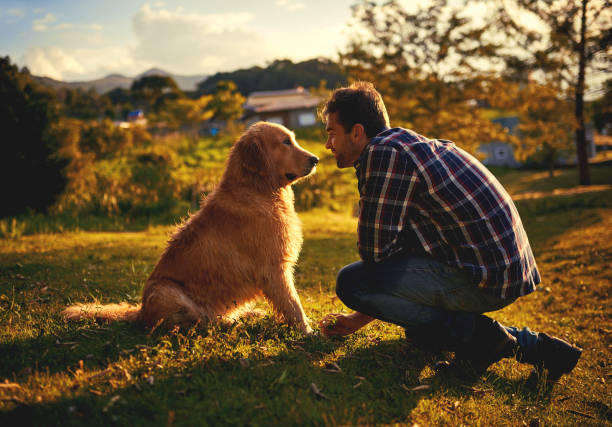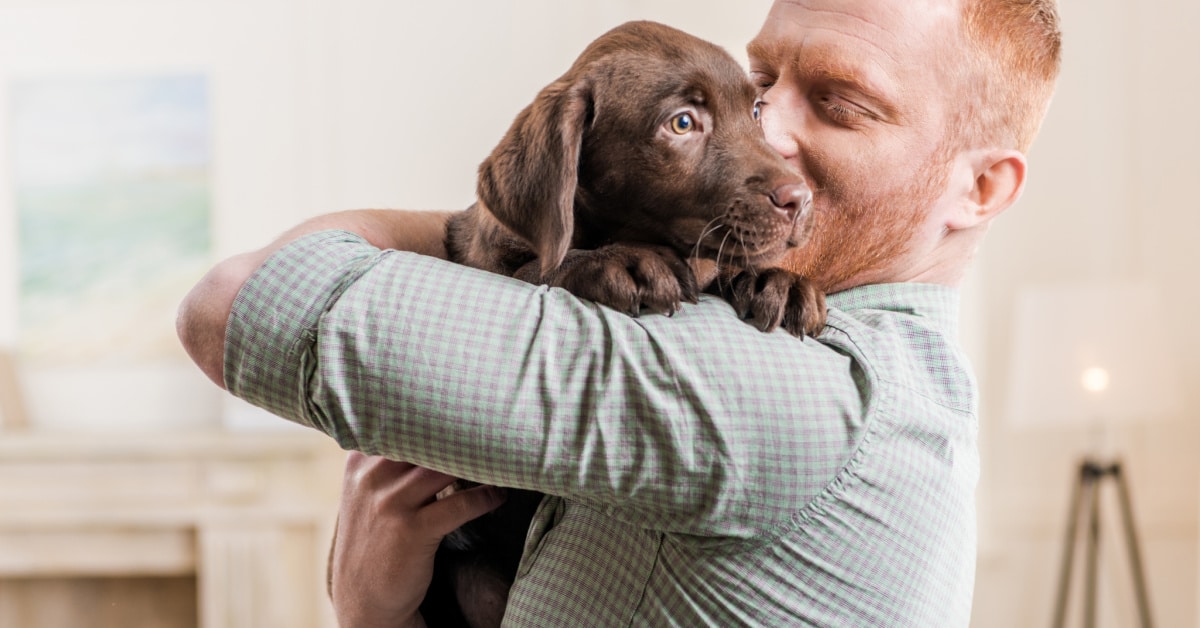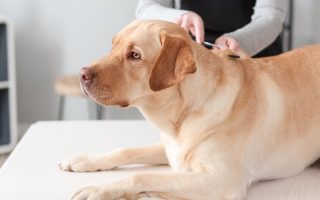
Although a Labrador puppy is a bundle of joy, there are times that they might be a bit too much to handle. Consequently, you may be looking for tips for raising a Lab puppy.
Intelligent, loving, and friendly, owning a Labrador requires love and devotion which will returned to you by your constant companion with many years of loyalty and uncountable times of joy and laughter.
The first year of your pet’s life is vital as the care that you give to raise a Lab puppy will make the difference in their development.
Labrador retrievers do have needs that are not exactly the same as other dog breeds.
Tips to know about raising a Lab puppy
When there is a new Labrador puppy in the home, you welcome into your family that cuteness overload. Yet, that adorable furball does have things that they need, including:
1) A dog crate
Buy or make a crate that is large enough for Labrador to fit until they reach adult size. The recommended size is a 36” or 42” crate with a catch tray underneath.
2) A dog bed – Lab Puppy
The crate may lined with soft blankets when the puppy is still newly born. But, when they are moving about, they do need a good dog bed.
There are beds that do fit in the crate and those that are just right for Lab puppy size.
3) Lab Puppy food
There are different kinds of puppy food, both wet and dry. As your Lab puppy grows, the food intake changes.
It is best to consult a veterinarian about what their food intake should be and buy high-quality puppy dog food to ensure that your pooch has the nutritional intake that it needs.
Your puppy will also need dog chews and dog treats.
4) Food and water bowls
There are several different kinds of food and water bowls to choose from such as those made out of stainless steel or ceramic.
There are also plastic food and water bowls, yet keep in mind that these might get chewed on by your pup.
5) Collar and leash
There are various types of collar and though the buckle type does the task, there are Labradors who may back up to get these out.
A choke collar is ideal to use only when training your dog.
Make sure that the collar is not too tight for your pet. You’ll also need a leash that is at least 6 feet long.
6) Lab Puppy dog toys
Your puppy might chew on your shoes, slippers, and nearly anything.
Puppy chewing is to be expected so it is best that they have the toys, instead of nibbling on material like foam and plastic that they might ingest.
Lab puppies are quite playful, and at this stage, they need toys to play with as it is aid in their development.
Additional tips for Labrador puppy care
1) Secure the home
Dogs can escape so there must be fencing to prevent them from doing so.
As children, our puppies should be kept safe by making sure that they cannot get to ingest chemicals and other poisonous things like snake plants.
2) Learn how to hold the Lab puppy
When carrying the dog, do not hold it by the neck. It is best to hold them with both hands under the front legs, securing the chest.
It is not a good thing to clutch your Lab puppy by the stomach, especially if it is full.
Pet the puppy using long strokes in the same direction as the fur growth.
3) Potty-training
As soon as your Lab puppy walks steadily, it can start to be potty-trained.
There are a lot of potty-training videos and reading material that will provide you with the information that you need.
Potty-training a Labrador puppy is not easy. It is a good idea to buy puppy training pads or other similar potty-training products to make it easier for them to learn how to potty and for your clean up to be simpler.
4) Puppy training
Dog obedience training may be done during the canine’s puppy stage.
Teach your precocious pooch to follow simple commands such as sit and fetch. You’ll also need to teach them how to walk while leashed.
Training a dog takes a lot of time and patience.
Keep in mind that the training should be a pleasant experience for them and that they should not consume too many treats as Labradors have a tendency to become obese.
To conclude
These tips you should know to raise a Lab puppy may make taking care of your Labrador a much better experience for both you and your pet.
However, it is best to consult a veterinarian in your area to get professional advice about what your Labrador puppy needs to grow up happy and healthy.


![Hazards in the Home for Your Lab Puppy and How to Deal With Them [A Guide to Puppy-Proofing Your Home]](https://puplore.com/wp-content/uploads/Lab-puppy-proofing-your-home-320x200.jpg)




